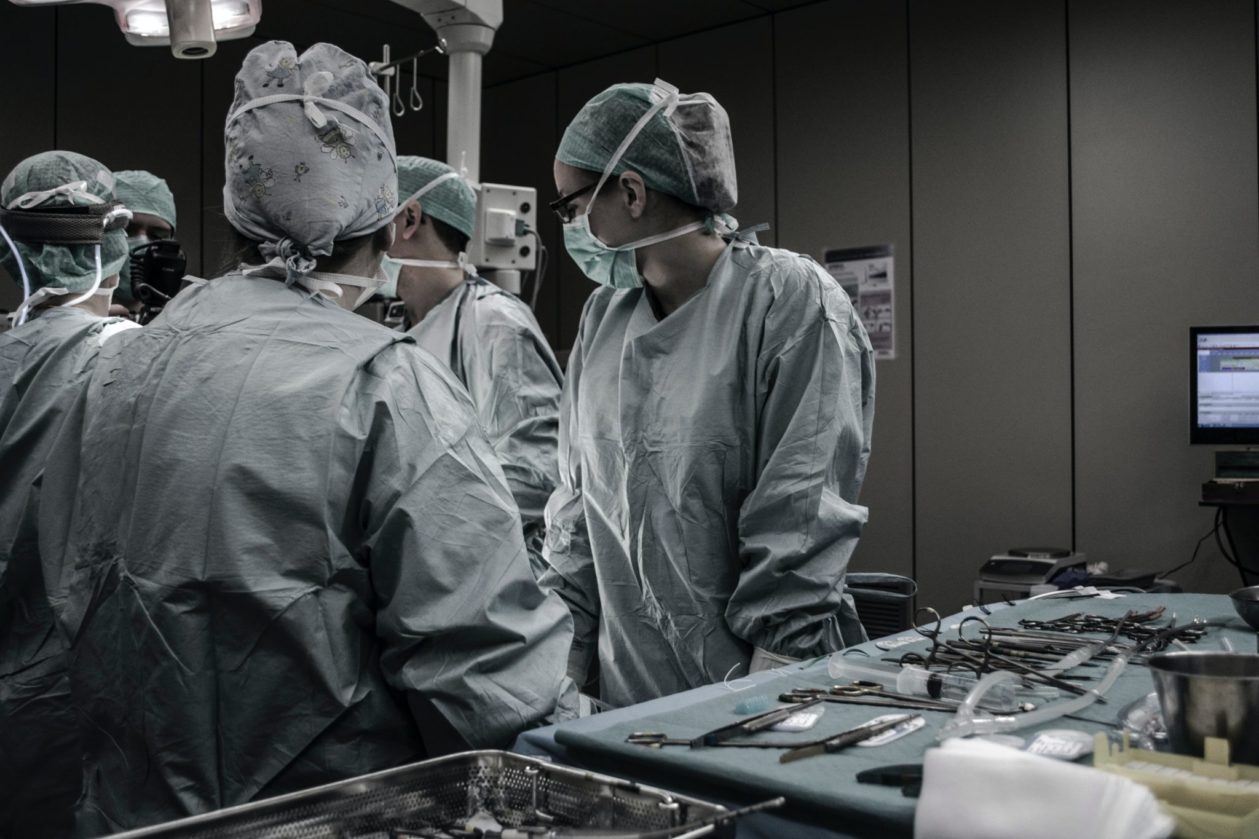The COVID-19 pandemic has shone a spotlight on the disparities in health care across the globe, but one woman has set her sights on changing the status quo.
“As a surgeon, I experienced first-hand a lot of the limitations that we experience,” Dr. Nadine Hachach-Haram, founder of Proximie, told Worth. “The main ones are really around variation in quality and variation in care. Why is it that patients pick one type of care in one hospital and have a very different experience in another? So, that was really something that gnawed at me, and I wanted to try and find a way to solve it.”
In 2016, Hachach-Haram launched her health technology business, implementing the use of augmented reality to allow the world’s top surgeons to virtually transport themselves into any operating room.
“Proximie is a software solution that allows you to digitize the operating room,” she explained. “It allows you to connect clinicians to virtually collaborate, they can do it in a way that’s so much more meaningful than your typical audio-video communication because we’ve layered into an augmented reality. So, you’re able to actually put your hand in and demonstrate and gesture, you can tell the surgeon to twist your arm a bit, move right, move left. Walking through those nuances is very visual, as opposed to verbal. And we’ve done it in a way that doesn’t need any fancy headsets or fancy equipment, you can use your phone or computer tablet.”

One of Hachach-Haram’s main criteria when building out the first version of the platform was that it run on low bandwidth and be wireless. She noted how many operating rooms are often in basements and that lack of connectivity shouldn’t affect access.
“Ultimately, when we think about surgery, and how we scale it, and reduce variation, we have to think about: How do we digitize our methodologies? How do we connect people to communicate and collaborate? And how do we make it possible that surgeons anywhere in the world can virtually reach into any operating room to collaborate?” Hachach-Haram said. “So, that became a bit of a mission of mine. I wanted to make it possible for me sitting in my office or at my desk, to be able to reach into any operation happening—whether it was for me to learn and see how others do things or to support and provide mentorship and coaching, in collaboration through that.”
With 6,000 live surgeries performed this year and the platform being deployed in nearly 200 hospitals, the demand for Proximie has only grown this year; Hachach-Haram saw a 430 percent increase in user growth in the first quarter of this year as a result of COVID-19 making it impossible for top surgeons to travel internationally. In addition, Proximie completed a successful Series A fundraising round last year, which included backing from international venture capital firm, Global Ventures.

While the pandemic has led more surgeons to adopt Proximie’s technology, Hachach-Haram believes that digital is the future of surgery—and will continue to be even after the pandemic has passed.
“I really believe that the future of surgery is about digitizing the operating room, making sure that we grab at such a rich experience in an operating room, from multiple data sets that are going to be valuable to the end user, to the surgeon and to the hospital,” she said. “I’m hopeful, because I’m already seeing it with Proximie…that we’re improving access. There are so many stories where, because of Proximie, we were able to deliver a life-saving operation to someone…I’m hopeful that we continue to drive quality in surgery and make sure that no one ever feels that they don’t get access to the best care the first time, every time.”
“We’re combining the best of human expertise with technology,” she concluded, “but we’re ultimately changing lives.”







